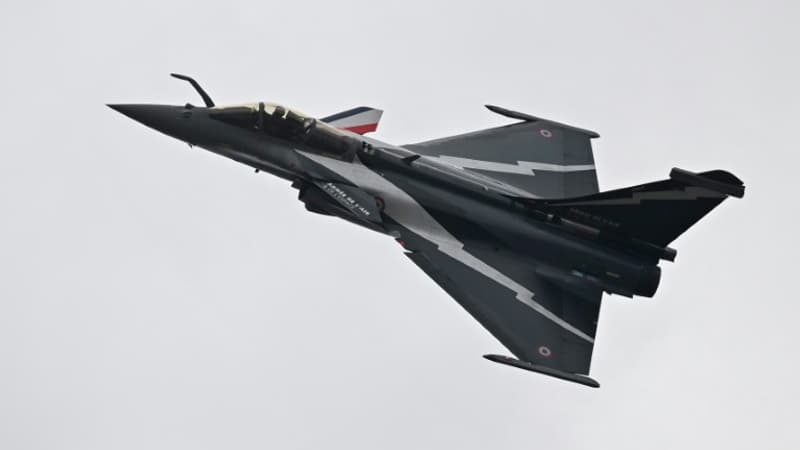Another golden contract for Dassault’s flagship fighter jet. While the Indian Air Force already operates 36 Rafales, it is the navy’s turn to equip. France thus beat the United States, which had applied with Boeing’s F/A-18 Super Hornet.
The contract, estimated between 3,000 and 4,000 million euros, therefore covers 26 single-seater Rafales that should equip the aircraft carrier INS Vikrant.
This is an unexpected turn after years of lean times and disappointments for this fighter jet that arrived in the French armed forces in 2004. Until 2014, France had failed to sell any Rafale abroad.
A commercial success for the Rafale
But since then, it’s been a string of hits. If this new deal with India is successful, it will bring to 310 the number of Rafales sold to foreign powers in the last nine years. With 62 fighters, India would even become, after the Emirates, the second best equipped foreign country with Rafale.
And the Rafale is, above all, the banner of a flourishing French arms industry. The country may even be on its way to becoming the world’s second largest arms exporter. According to the Swedish research center Sipri, France’s market share is the one that has increased the most in recent years. And with Russia ostracized by the international community, Paris could overtake Moscow in years to come.
a historic glow
This weapon radiation made in France internationally it can be explained first by historical know-how. During World War I, France produced the 75 gun considered the best in the world. It had such low recoil that legend has it that you could pour a glass of water on it without it falling over.
But the success of French armaments is also that of French diplomacy. French manufacturers do not have the right to sell arms abroad without government authorization.
It is, in effect, a matter of sovereignty that is totally linked to our foreign policy, which is fully controlled by the French executive since General De Gaulle. Arms exports thus represent a way of carrying out power politics at a time when France occupies less space on the geopolitical scene.
A strategy that is sometimes expensive since the State lends money to certain insolvent countries to buy French weapons. Sometimes it also means signing contracts with unfinished democracies… But that is the price that the French state agrees to pay to remain a great power.
Source: BFM TV


